Text
New Year, New-robi
Hello again rafikis,
Thanks for following my journey so far!
Although it feels like 2019 was yesterday, I’m about to ring in my 5-month anniversary here in Nairobi. Over the past couple of months, I’ve been lucky to welcome several visitors to this great country, spend more time in rural communities and local watering holes (not literally #TIA), and even just get accustomed to a mundane daily routine in this exoticized place where I used to be a wide-eyed visitor. All of this has helped me see Nairobi through new eyes and given me greater perspective on this fascinating metropolis.
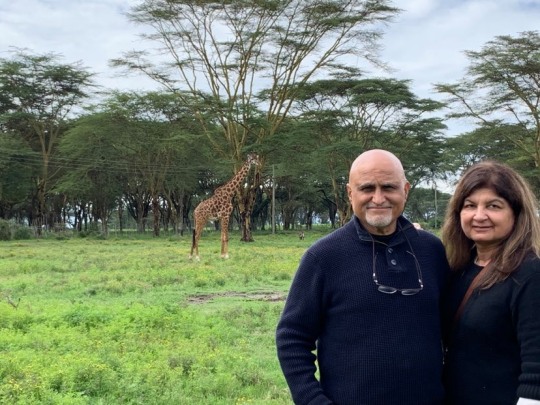
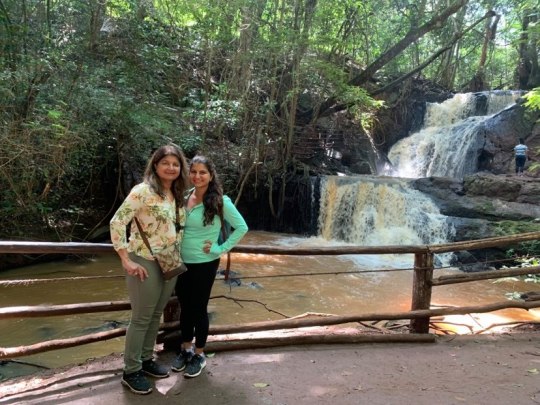
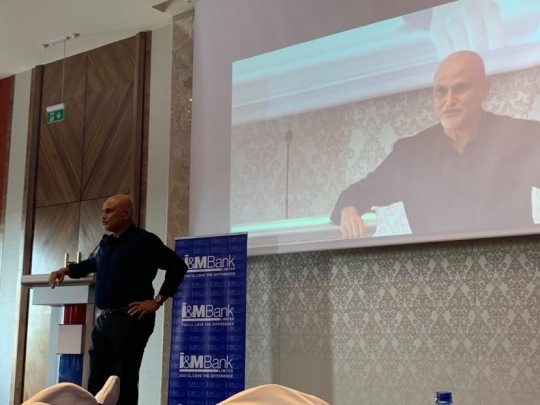
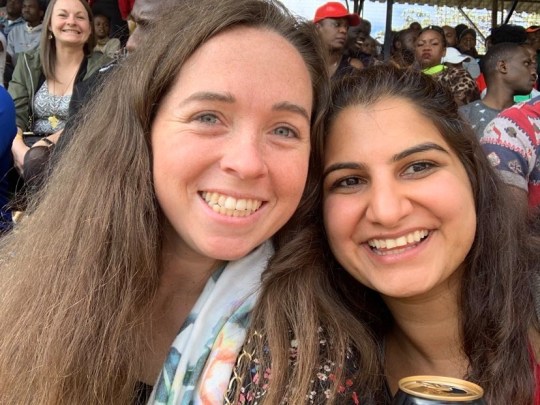
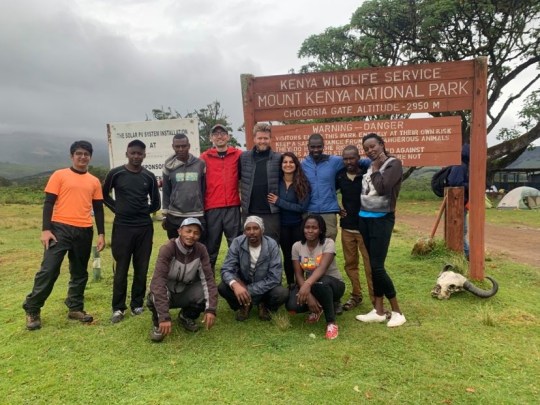
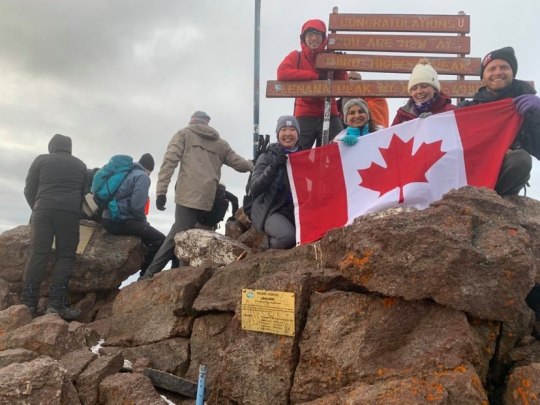
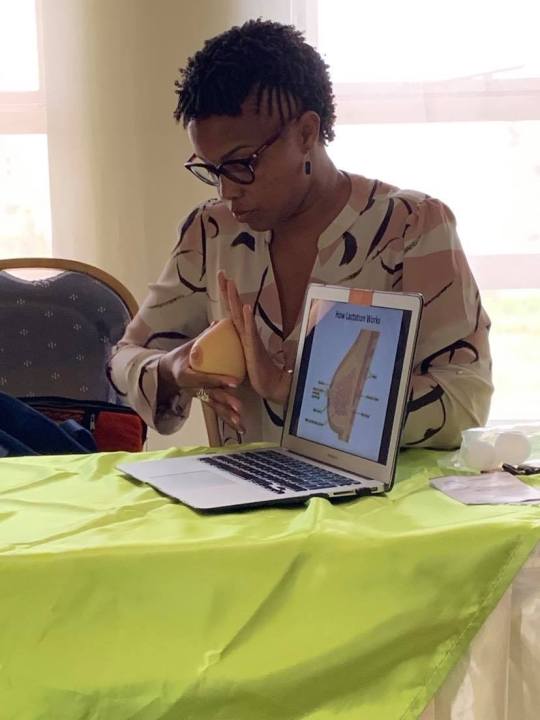
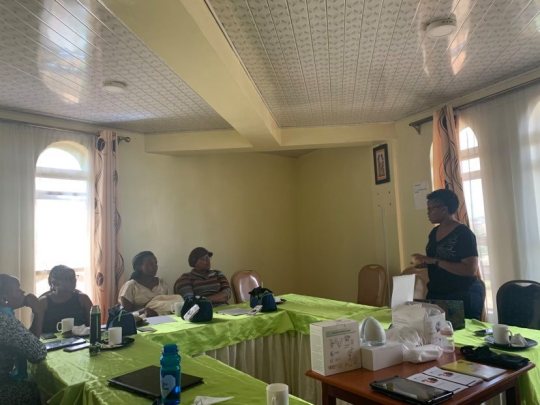
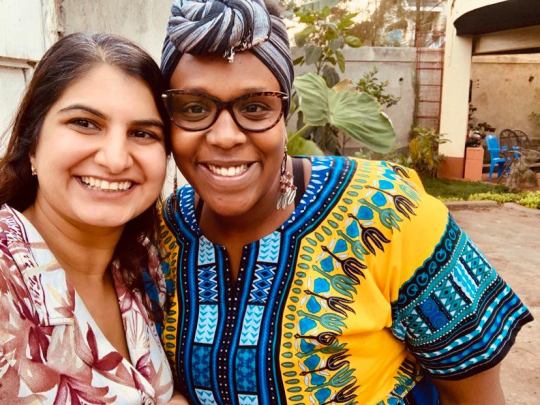
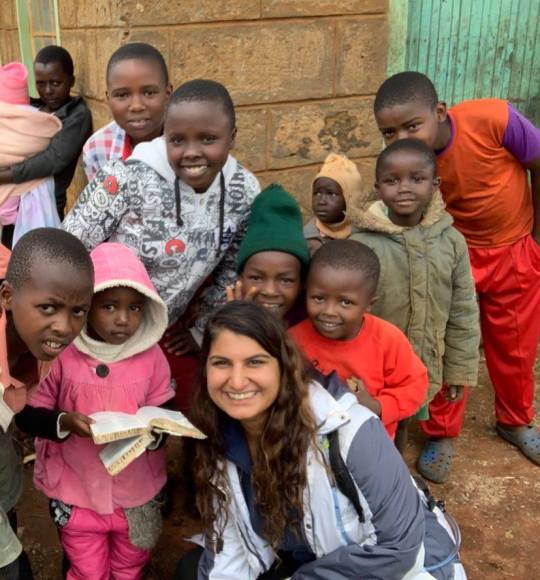
Even if my observations aren’t any more insightful, I’m hoping that, at the very least, my Swahili has improved after spending a few months here. Although I won’t lie, most of these sayings are from the interwebs (except the last one which is a Papa Jamal classic).
1. Umoja ni nguvu: Unity is strength
For anyone who has moved from a small rural town to a big urban city, you’ll know that one of the most noticeable differences is the level of diversity - in race, language, income levels, religious beliefs, political views, food, fashion, architecture, you name it… and often, this diversity is unfortunately correlated with conflict, violence, or a clash of civilizations.
Countries in Africa tend to benefit (or suffer) from this diversity inherently, thanks to the colonial legacy of how land was divided on the continent. Homogenous tribes and cultures were separated by borders arbitrarily drawn by European colonialists, creating some of the most ethnically diverse countries in the world. Nairobi, being a large, cosmopolitan African city, embodies this diversity on many levels: not only through a mix of Kenyan ethnicities, cultures, and perspectives, but also a smattering of the colourful mosaic of people who have immigrated here from across Africa and the rest of the globe.
At the risk of sounding like I’m making a political statement, which I am certainly not qualified to do yet, I would say that these diverse groups seem to live here in relative harmony. I wouldn’t go so far as saying Nairobi is safe - pretty much everyone who lives here has a story about a robbery or mugging (myself, unfortunately, included). However, given that its bordering nation, Somalia, known to be one of the most homogenous in Africa, has suffered from decades of unrest and infighting, you could conclude that greater diversity does not necessarily mean greater conflict.
Gaining a deeper understanding of Nairobi’s complex history has helped me untangle the resulting tapestry of cultures that has developed here over time, from large Bantu tribes like the Kikuyu, to the not-so-lovingly-named Kenyan Cowboys who remained here since the British rule, to the Indian ancestors of the railway labourers brought over by the Brits, the Arab traders who moved inland from the Swahili coast, to the more recent Chinese settlements that have formed as a result of their investments in infrastructure. Interacting with a broader range of communities here has given me a more nuanced perspective on the divergence between conservative and progressive opinions on religion, politics, gender roles, relationships, sexual orientation, family structure, and values that exist in this city. At the same time, I’ve been fortunate to experience the culture and creative expression that blossom from this juxtaposition of traditional and edgy, in the form of music, art, comedy, and dance, while also revelling in the ability to flip seamlessly from nature reserve to bustling city a heartbeat and switch between wellness retreat to raging nightlife within just a short Bolt ride. Though diversity can be seen in all flavours and colours here, Nairobians prosper by recognizing that there is more strength in unity than conflict.
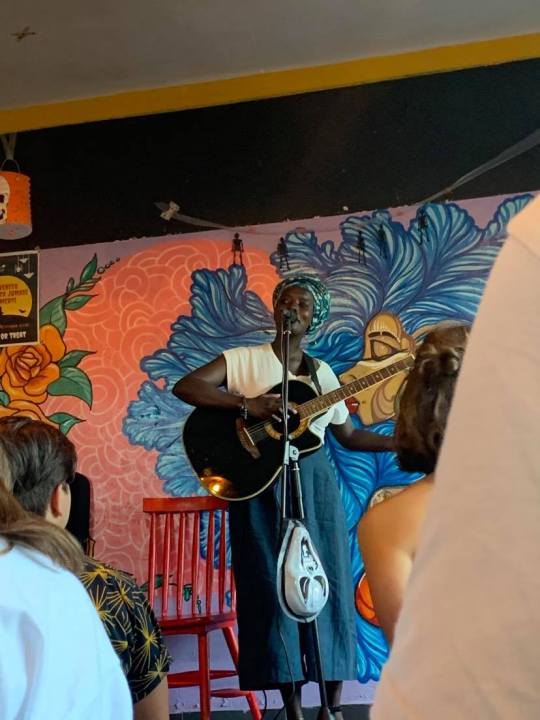
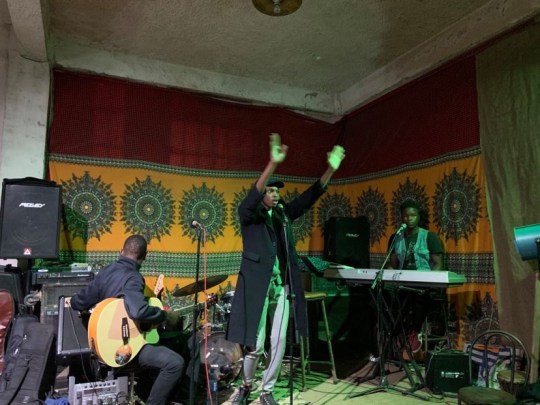
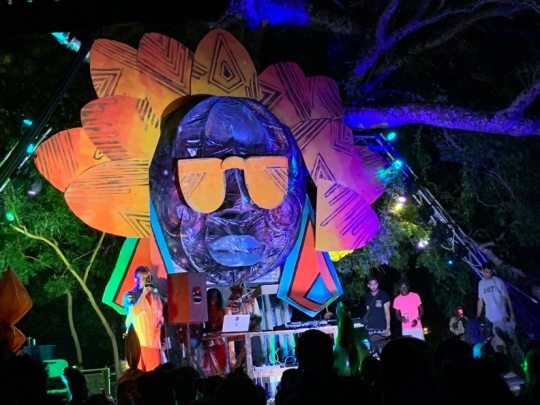
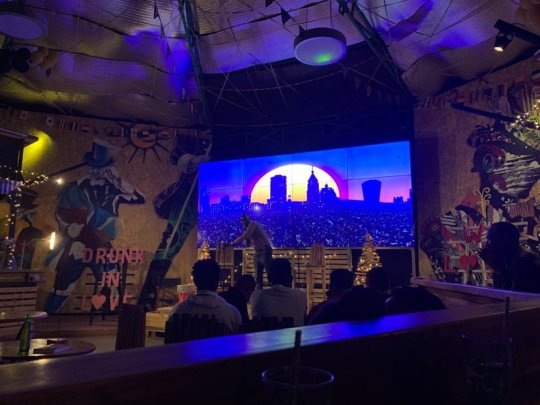
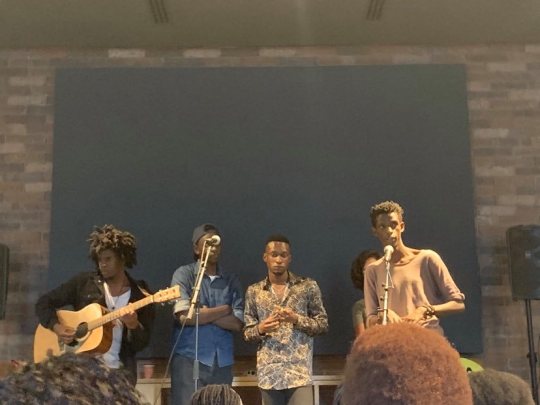
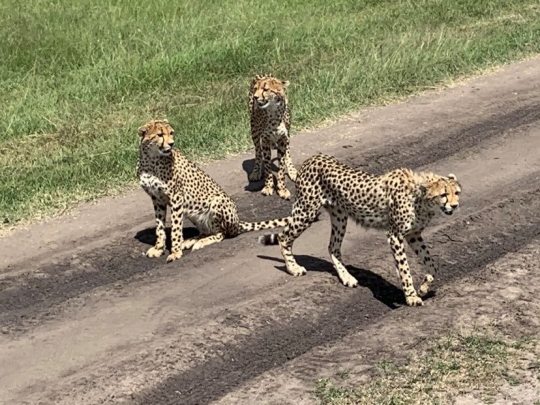
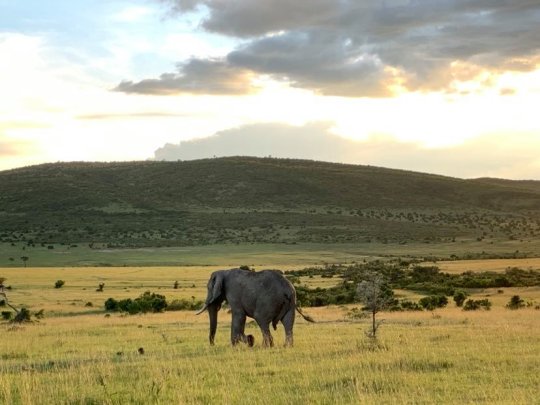
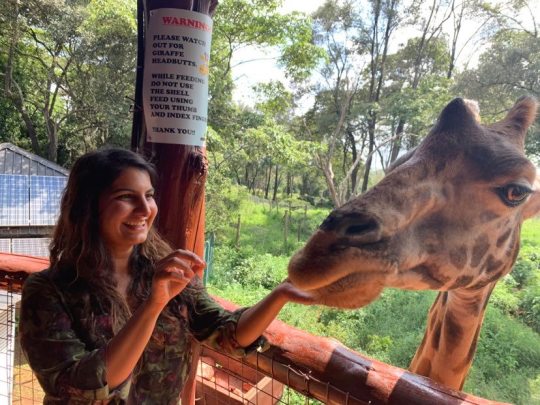
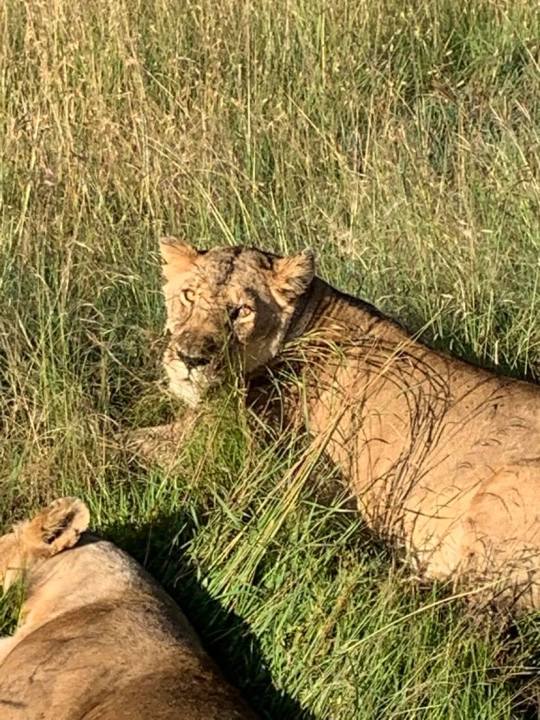
2. Adui wa mtu, ni mtu: The enemy of man is man
Of course, it’s not all sunshine and rainbows here (in fact, the rains had been non-stop for months!) - you can’t have a conversation about Kenyan life without addressing the vast inequalities and corruption that exist. For the billions of dollars invested in the country through grants, foreign aid, and impact investment, there are still gaping holes in infrastructure, healthcare and education that are yet to be tackled. It seems that politicians, public officials, donors, investors, and aid workers might be getting in their own way when it comes to making significant progress on the systemic issues that plague the country. The war on corruption makes daily headlines here yet many parts of policy making, procurement, regulation, and enforcement are driven by political agendas and misaligned financial incentives.
Even policy efforts that I generally support can by driven by a politicized PR angle. For example, Kenya’s ban on plastic bags, known to be the toughest in the world, took 10 years to implement and enforce successfully. While this policy has made a significant impact on waste management, animal health, and overall environmental protection, it was championed by a highly publicized race for implementation among East African governments. One could argue that the ends justify the means, now that 24 African countries have successfully banned plastic bag use, until you step back and consider the greater threats to environmental conservation like the widespread use of diesel fuel or practices like trash burning that are still prevalent in these countries. Similarly, and closer to home for me, much fanfare has been made about maternal employment and breastfeeding policies in local media, now that all employers are required to provide a lactation space for new mothers. However, due to their non-existent enforcement strategy, only 40 companies across Kenya have actually created lactation rooms so far.
While these political concerns may seem lofty, they can become significant considerations in making career choices and conducting daily life in this country. To commercialize a new breast pump in this market, I know I’ll need a well-connected network that spans government, regulatory bodies, distributors, retailers, healthcare providers, and key opinion leaders to counter the inevitable pressure to comply with the bribery and bureaucracy that often infiltrates these sectors. Many of the industry conferences I’ve attended aim to tackle these challenges by crowd-sourcing solutions within the community or, at the very least, encouraging key players not to concede to this systemic corruption.
On a daily basis, while it’s impossible not to confront your privilege as a foreigner living here, it is also difficult to know how to maximize your positive impact: do you donate to your favorite charity, give cash directly to the people begging on the street, volunteer for programs in the informal settlements, or advocate for further policy change and enforcement through your network? The complex system of incentives and unintended consequences make it impossible to calculate the net impact of your every action. Organizations like “Give Directly” have extensive research on the positive impact of unconditional direct cash transfers to individuals living in extreme poverty, which eliminate the potential bureaucratic redundancies of social interventions targeted at these communities. My personal conclusion is that as long as we aim to ensure that man does not become the enemy of his own good intentions in these efforts, we can work towards making a net positive social impact.
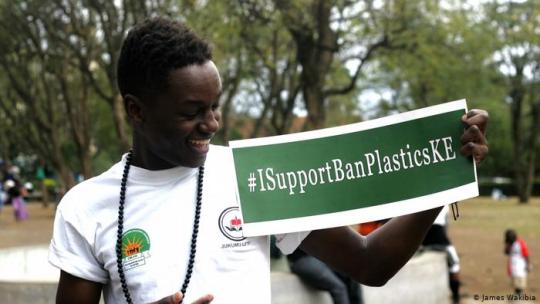
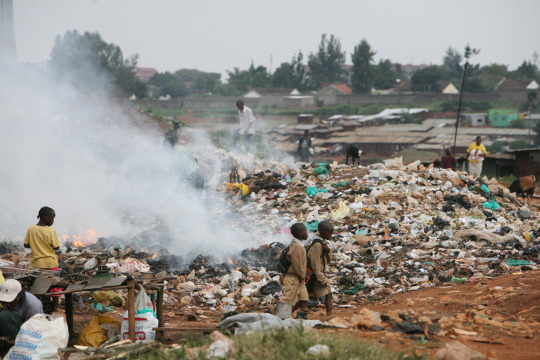
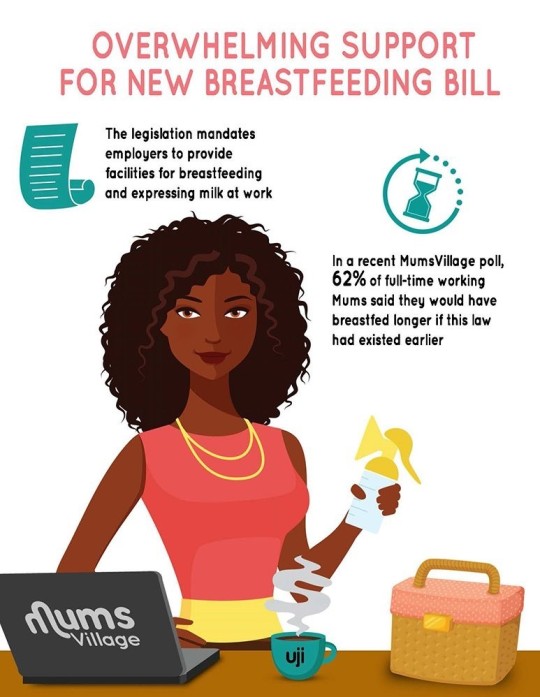
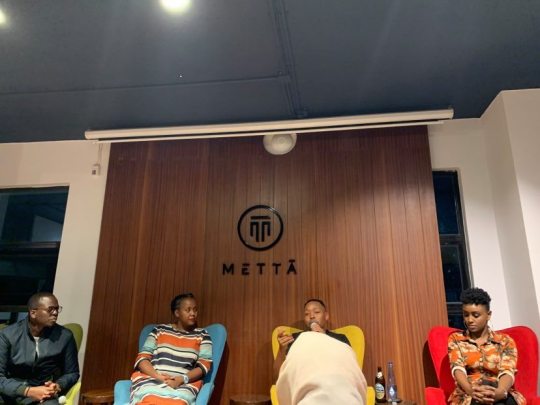
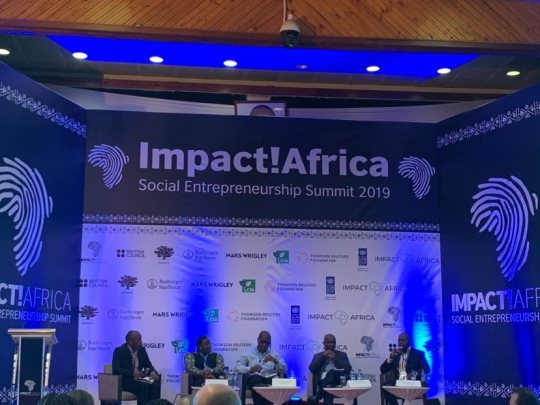
3. Haba na haba hujaza kibaba: Little by little fills the pot
Whatever qualms you might have with Kenyan society, if there’s one thing you can commend Nairobians for it’s their hustle. Everyone from your housekeeper to your manager is likely rocking a side-gig, whether its delivering Jumia orders or semi-professional stand-up comedy. Before Nairobi became a hotbed for entrepreneurship and terms like ‘impact investing’ were even invented, Kenyans had been pitching tents to sell their farm’s produce on the street and exporting their handicrafts around the world. Since then, strategic public and private sector efforts have continued empowering these entrepreneurs; for instance, through significant investments in enabling technology such as mobile payments.
All that to say, when it comes to innovative ideas and self-employment, I have known Nairobians to be extremely optimistic and perseverant. Which is why I am always pleasantly surprised to hear those three words that every girl dreams of, after I describe my business to any Kenyan: “It will work.”
This simple phase hits on a very special insight that is an important ingredient in the makings of every entrepreneur: an unabashed optimism that things will work out. And if they aren’t quite working yet, it’s only a matter of time and hard work until they do. Little by little, we will all get where we need to go.
When you are starting to build the foundation of a business and testing the assumptions that are the basis of your idea, this type of encouraging and frequent reassurance can make a world of difference. While it’s important to be realistic, or even borderline cynical, about the positive market feedback you receive in contrived research settings like focus groups, sometimes it’s just nice to take a moment and indulge in some external validation from a total stranger that you’re not totally out of your mind - “it will work”.
And this is the way we all support each other and survive here in our little bubble of dreamers and doers. Things are not always easy and sometimes you bump into cultural clashes or politics and bureaucracy, but these are all just hurdles in the rat race that we idealists happily skirt around in pursuit of our nobler ambitions. Knowing that we are all hustling and working towards the same broader goals, we gladly go out of our way to lend a hand, partner with each other, subsidize our services, and give free advice. Despite not living in an affluent country, people here are rich with positivity, tenacity, and generosity.
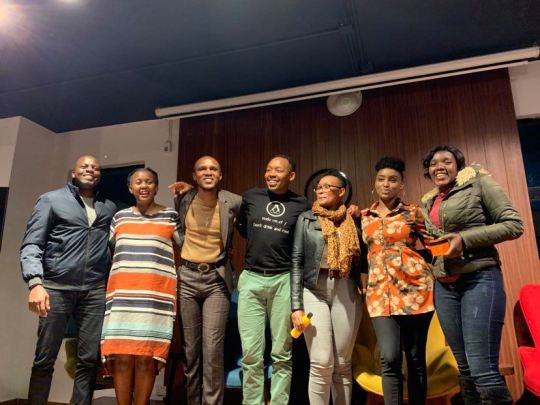

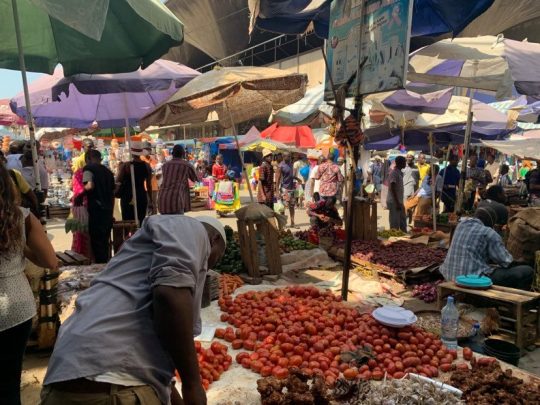
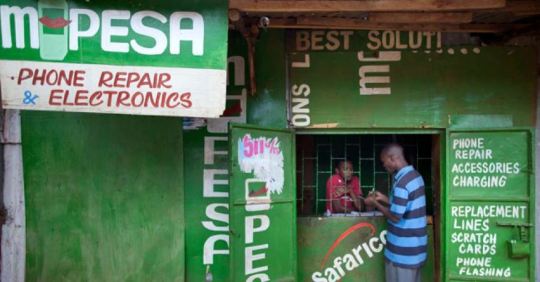
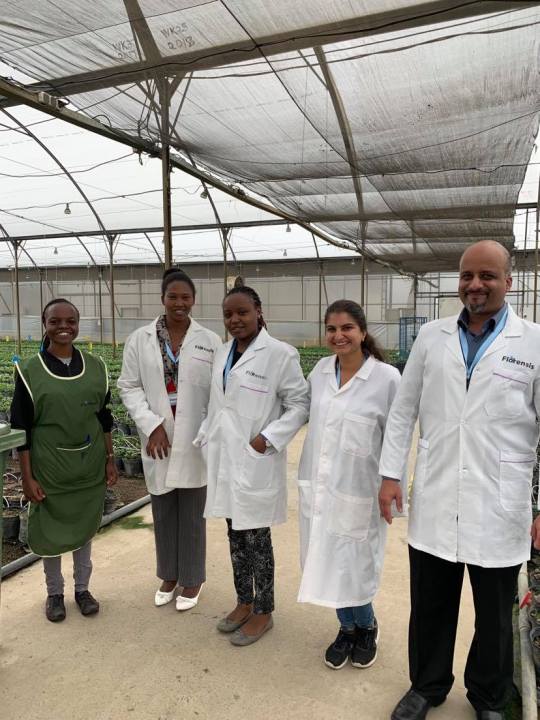
Asanteni sana! Until next time,
Sahar
0 notes
Text
two weeks in...
Welcome to the “Maziwa: In the Making” blog. Here I’ll be sharing the real nitty-gritty of my social entrepreneurship journey in East Africa – including all the up’s and down’s!
I can’t believe it’s been nearly 4 months since I graduated from Kellogg! Between graduation and moving to Nairobi to pursue my business full-time, I had a pretty packed summer with a few exciting highlights:
I worked for the Young African Leaders Institute through the Mandela Washington Foundation. Here, a selected group of 25 entrepreneurs from across the African continent traveled to Northwestern to participate in a 5-week intensive business management program.
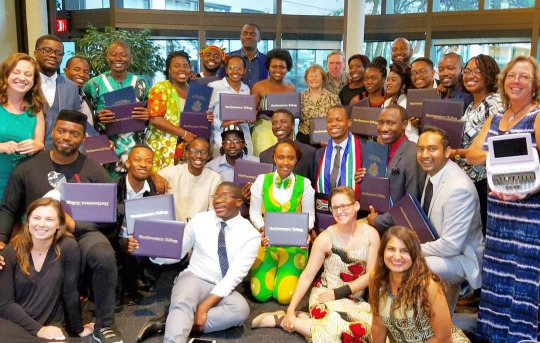
I went to my first ZGen, a Zell Alumni event, at the University of Michigan - not to mention my first American football game, which I realize is pretty sad given I was there for 2 years!
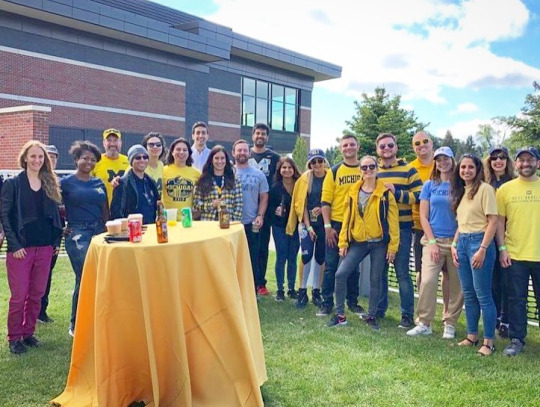
I participated in the UN General Assembly in New York by supporting the UN Global Humanitarian Action Executive Alliance, a collaboration between senior leaders at UN agencies and CEOs/GMs of large corporations aiming to tackle humanitarian challenges.
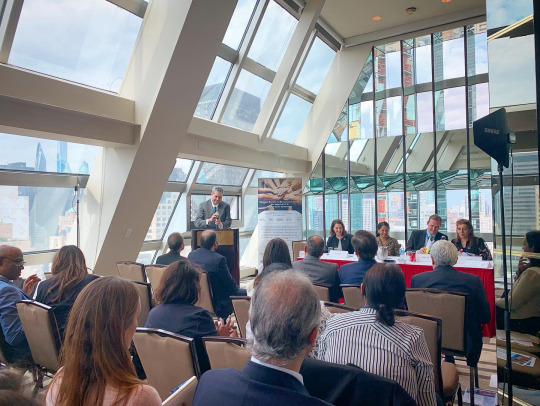
Now that I’ve been here in Kenya for two weeks, I thought I’d share a few insights from my experience – while also practicing my Swahili!
(Anyone who has watched the Lion King may also recognize these phrases, so I promise to get some real Swahili lessons from my dad to ensure that future insights are less #basic)

Karibu Kenya: Welcome to Kenya!
I’ve always known Kenya to be incredibly welcoming but I am experiencing its warmth in multitudes now that I am here for the long-haul and starting a non-profit. The expat community here is not small but it’s extremely well-connected so I have been pleasantly surprised by the web of contacts that has given me the feeling of home in a short amount of time. More importantly, I feel embraced by local Kenyans who hear my story – from landlords to uber drivers, from random women I meet at baby fairs to yogis at my meditation retreat. It’s a delicate journey navigating a new operating culture and gaining acceptance as a ‘foreign’ social entrepreneur so I feel grateful to be welcomed with open arms.
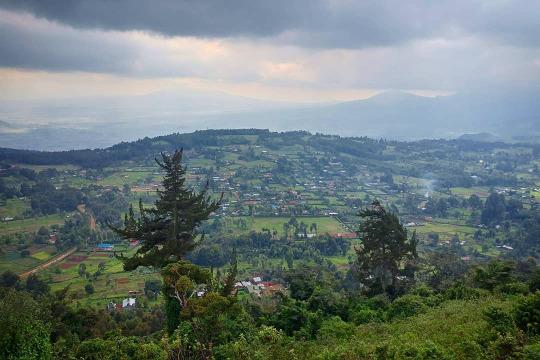
Chap Chap: Chop-Chop / Hurry-Hurry
If recent news about Kenyan marathoners is any indication, things move quickly here. Silicon Safari indeed, here you can show up, send a couple WhatsApps, have a few meetings over dawa and masala chai, and end the day with a new partnership, a keen volunteer, and an office space. Despite clear gaps in supportive infrastructure and public policy, Kenyans find a way around the inefficiency with their hustle, creativity, and a little bit of rule-breaking. While I truly believe that some real social change needs to be made through larger systemic efforts, I also realize that the market for entrepreneurship here is ripe and that is the arena where progress can be made most efficiently.
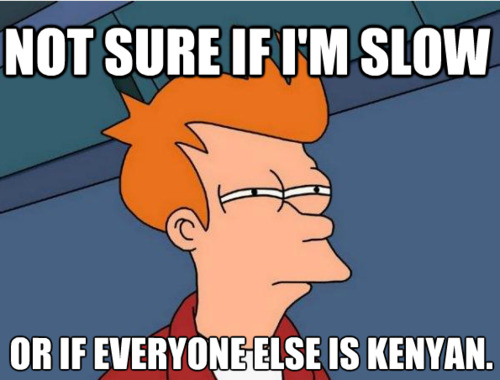
Hakuna Matata: it means, no worries...
Over the past year, I have come to realize that entrepreneurs often have the difficult job of balancing realism and idealism – of pressure-testing their idea, all the while giving the impression that they’ve got ‘no worries’. When pivoting from R&D and financial analysis to pitching and networking, I often find myself resetting my tone and demeanor to put on a more confident façade. All the fuss and PR around entrepreneurship may make it seem like the sexy, brave choice after business school; however, at least part of the reality is that it can be a lonely one-woman show at times. There are rejections and power outages and second guesses and very-nearly empty bank accounts on a regular basis. Toeing the line between optimism and cynicism can be a real challenge and I’ve learned to cope with this with the help of mental health experts. At Northwestern, we were given access to therapists and leadership coaches through CAPS and the Zell Fellows program and I plan to continue my personal work here in Kenya. For anyone considering a similar career path, you’re not actually expected to have ‘no worries’ - but the way you cope with them will differentiate your capacity for entrepreneurship.
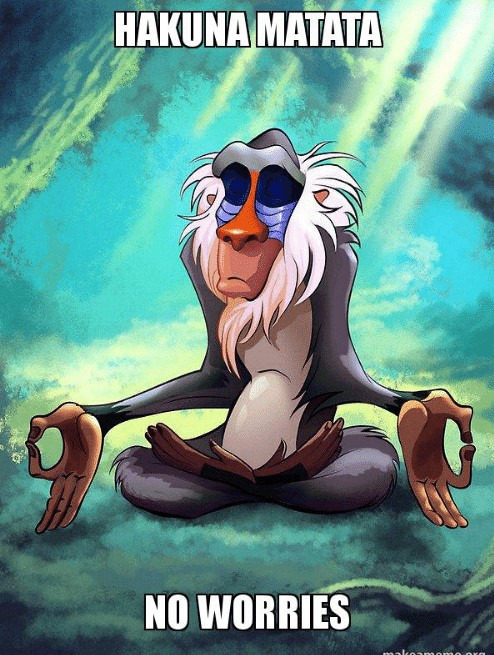
Asante Sana: Thank you!
Finally, I would be remiss if I didn’t say Asante to everyone who has supported me in the journey to get here.
In particular, I need to thank my Maziwa volunteer team who has been dedicated to this project during their time at Kellogg and who still continue to support it to this day, beyond their regular jobs.
Maziwa could not have launched without the resources and mentorship of Northwestern University and so many of its professors. If you are ever fortunate to be an alum who can donate to the school in the future, please know that their resources have supported dreams like mine.
Since we graduated, I have been overwhelmed by all your messages with words of encouragement, Kenyan connections, and helpful favors. In fact, at one point in Chicago, my Kellogg lanyard had a friend’s car key, some others’ apartment key, and yet another’s storage room key! So clearly, I could not have navigated this move without every one of you.
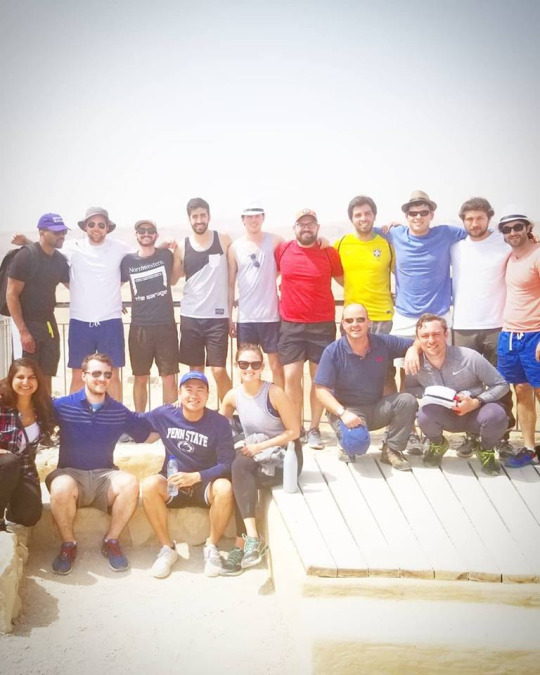
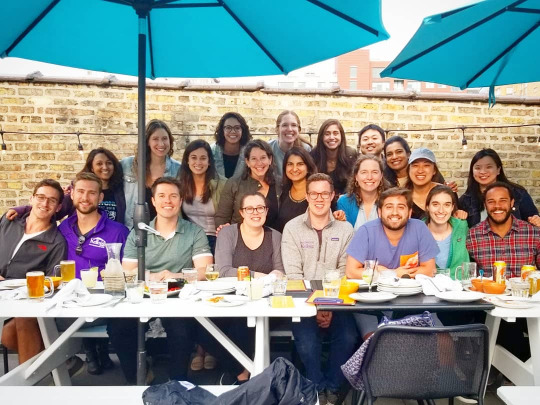
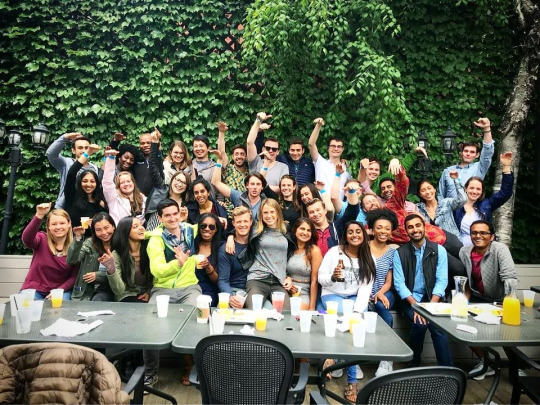
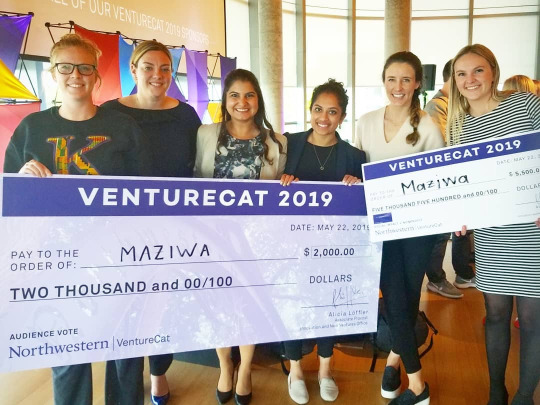
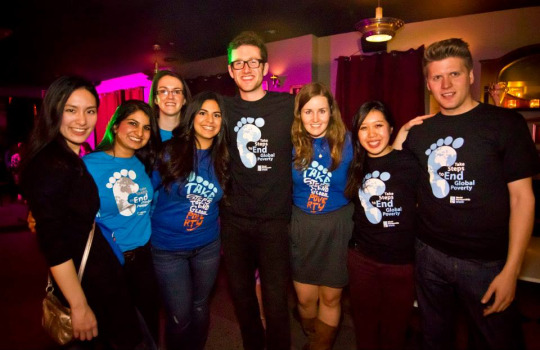
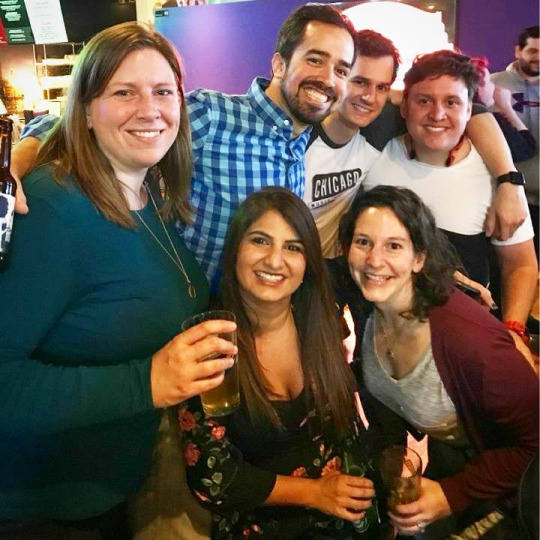
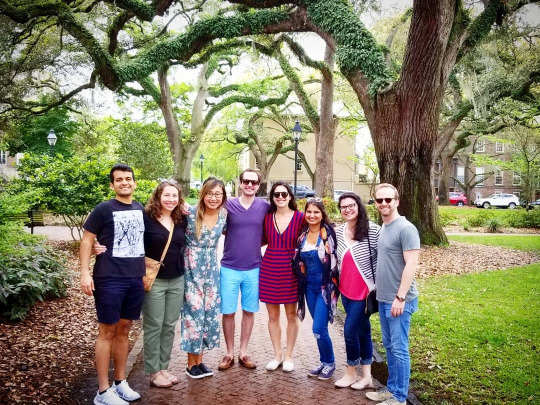
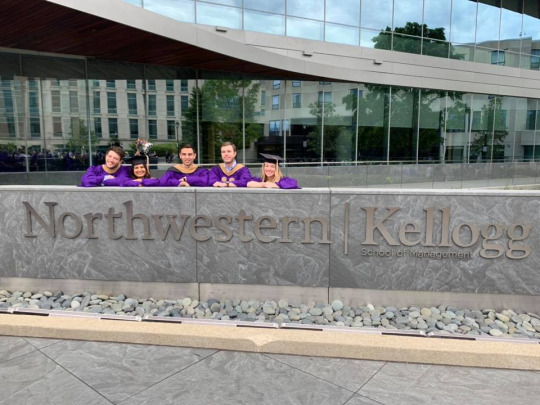
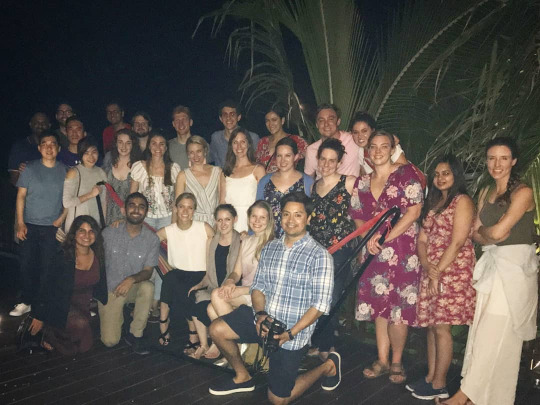

Thanks for following along! Until next time,
Sahar
0 notes